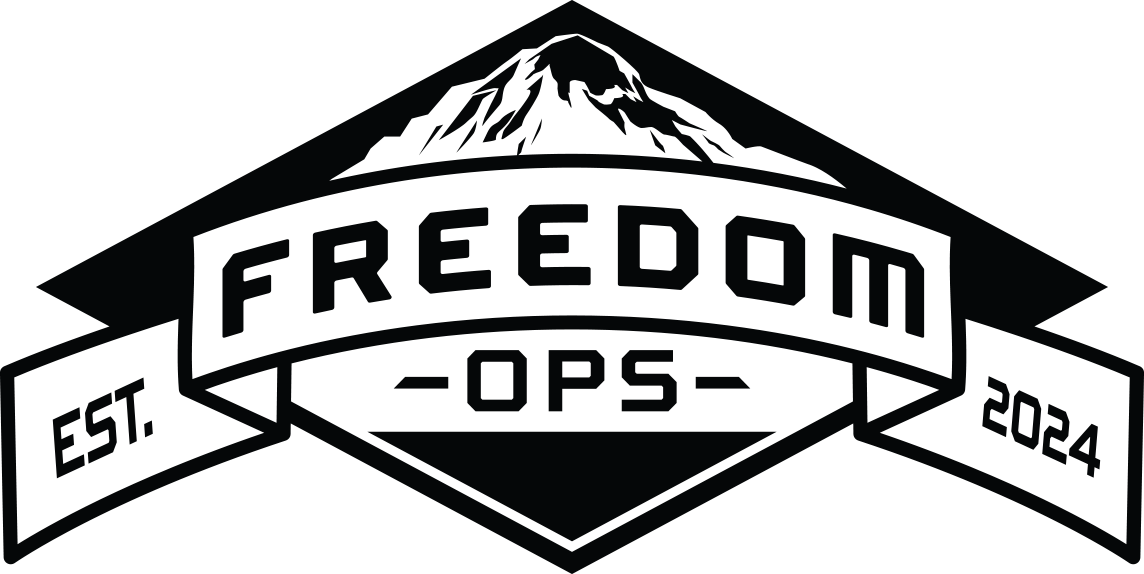This past Saturday, July 19, GTE 63 took place in Carmel, Indiana, and I had the privilege of leading it as the primary cadre alongside fellow Cadre “Kramer” and Trainer “Strings.” One of the most impactful moments came during what we call the Heavy evolution, also known as the log carry. It’s simple in concept but brutal in practice: the men carry heavy logs over a long distance, along with sandbags and other gear. There was one specific instruction given to the man chosen to lead the evolution – he could do anything to motivate his brothers, except one thing: he could not carry the log or any of the other loads.
At the end, he admitted something that stayed with me. He said, “I thought it would never end.” That comment opened up something deeper – a truth about leadership and what it really means to carry weight for others.
It’s easy to look like a leader when things are going smoothly. But when the pressure mounts, when the weight gets real, that’s when character shows. What struck me watching him was that his load wasn’t the log – it was the burden of leadership itself. While his brothers strained under the physical weight, he carried the responsibility of watching over them, driving them forward, making decisions, setting the pace, and absorbing their frustration and fatigue. That is often the heaviest weight of all: the invisible one leaders carry, knowing that others are depending on them to hold steady.
What I saw out there was a powerful reminder that real influence shows up when things get hard. It’s not about titles, popularity, or how loud your voice is when everything’s going well. It’s about how you act when the stakes are high, when the people around you are struggling, when the finish line feels impossibly far away.
The physical load of a ruck, a log, or a sandbag is just a picture of the invisible burdens leaders carry every day. Leading a family through conflict or change, making hard calls at work when everyone’s watching, standing firm in a lonely or difficult moment – these are the weights that shape us, and they are often heavier and more lasting than any physical load.
When the log carry began, it quickly became clear who had prepared and who hadn’t. But here’s the thing: with just 23 men out there, there was nowhere to hide. Even those who weren’t ready had to dig deep, because if they didn’t, their brothers were going to fail. At one point, I watched a man completely lose his lunch on the side of the trail. He bent over, emptied his stomach, wiped his mouth, and without hesitation got right back under the log. He was pushing past his limits, refusing to quit because the men beside him needed him there. And yes, we made sure he got extra fluids afterward.
Strong leaders don’t just carry their own weight. They help others carry theirs. And the process humbles everyone. It shows you where your limits are, even when you thought you’d already hit them.
At the end of the evolution, the man leading it shared something honest. He admitted he was uncomfortable telling others what to do. But he realized they were looking to him to lead, and he had to step into that role even though it wasn’t his natural instinct. That is one of the truest marks of leadership – stepping into discomfort not for yourself, but for the sake of those counting on you.
At Freedom Ops, we carry weight on purpose. We don’t carry logs just to sweat or prove how tough we are. We carry them to train our minds and spirits to lead when we’re tired, sore, stretched, and uncertain. We do it to prepare for the kinds of loads life will inevitably put on our shoulders.
Good leaders don’t aim for fairness. They aim for impact. They don’t ration out their effort by what feels comfortable or balanced. They carry more when the moment demands it. And sometimes, they have to speak up or stand apart, even when it feels awkward or unfamiliar.
The load is coming – at work, at home, in life. The real question is, will you carry it well? Leadership isn’t just tested under pressure. It’s formed by it. When you step under the weight and refuse to quit, you become the kind of leader others can trust – not just when it’s easy, but when it matters most.
